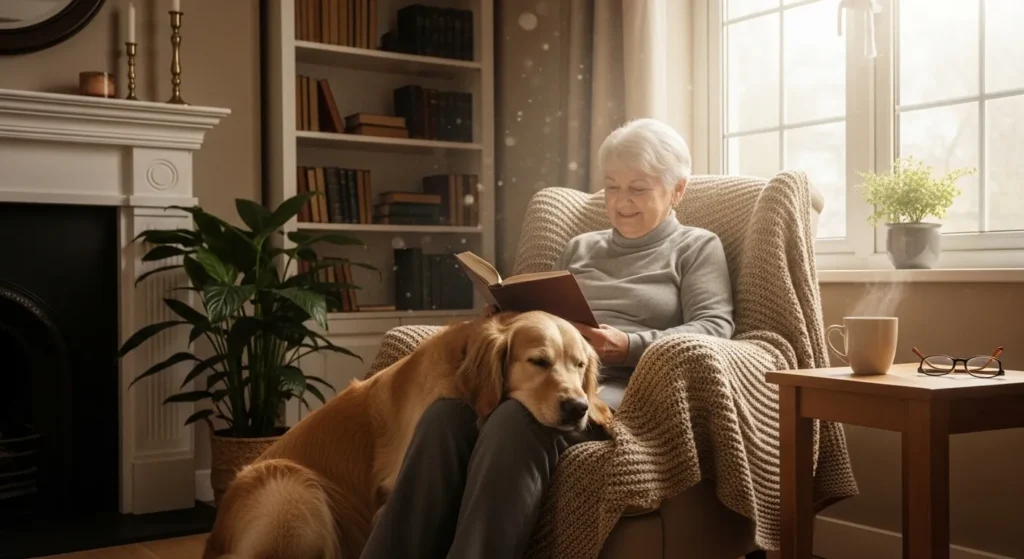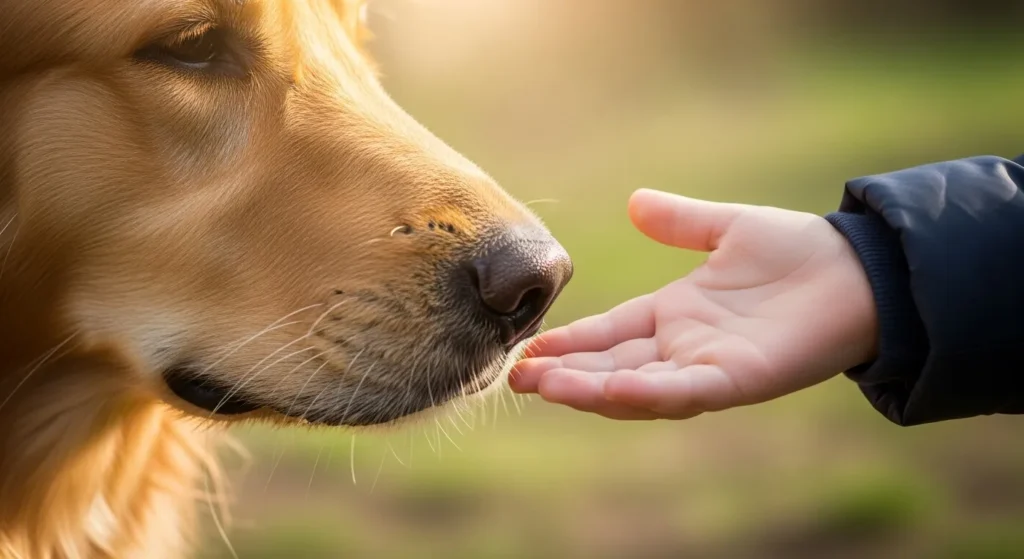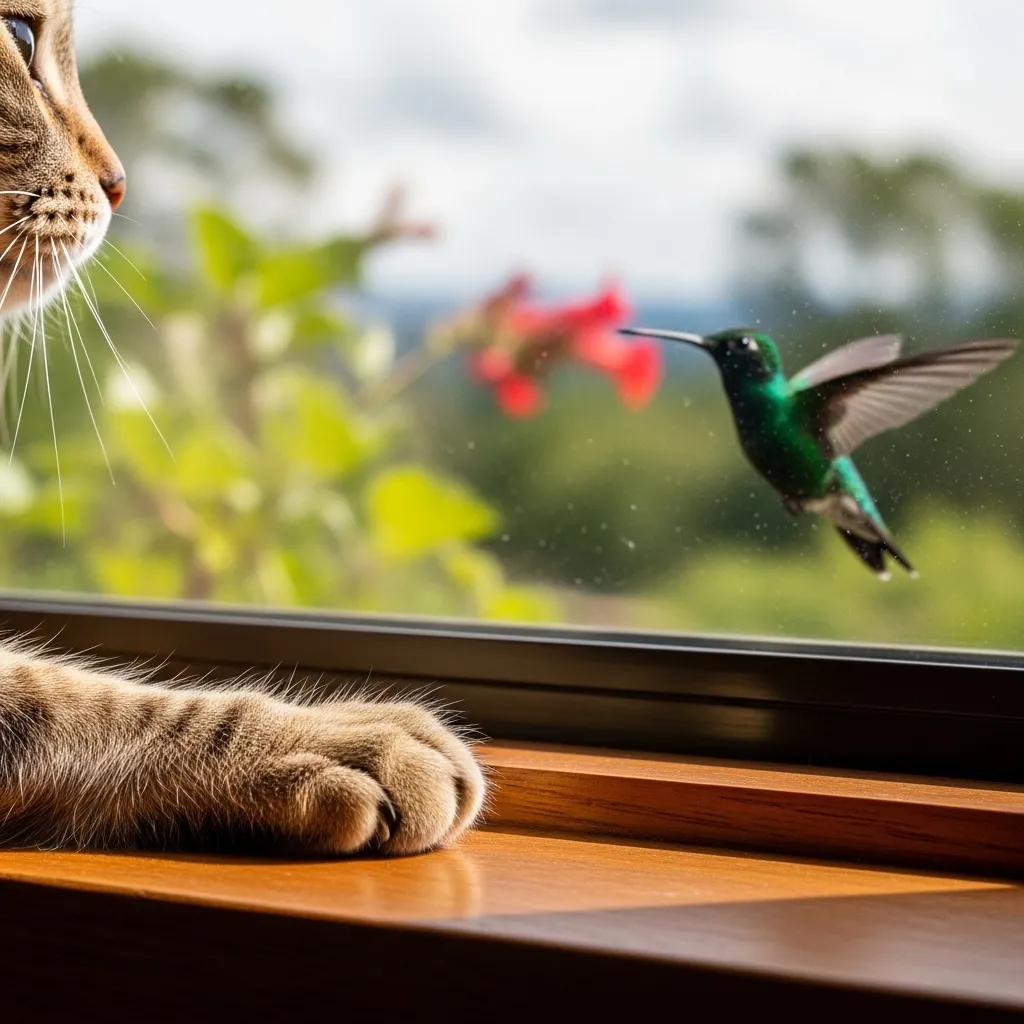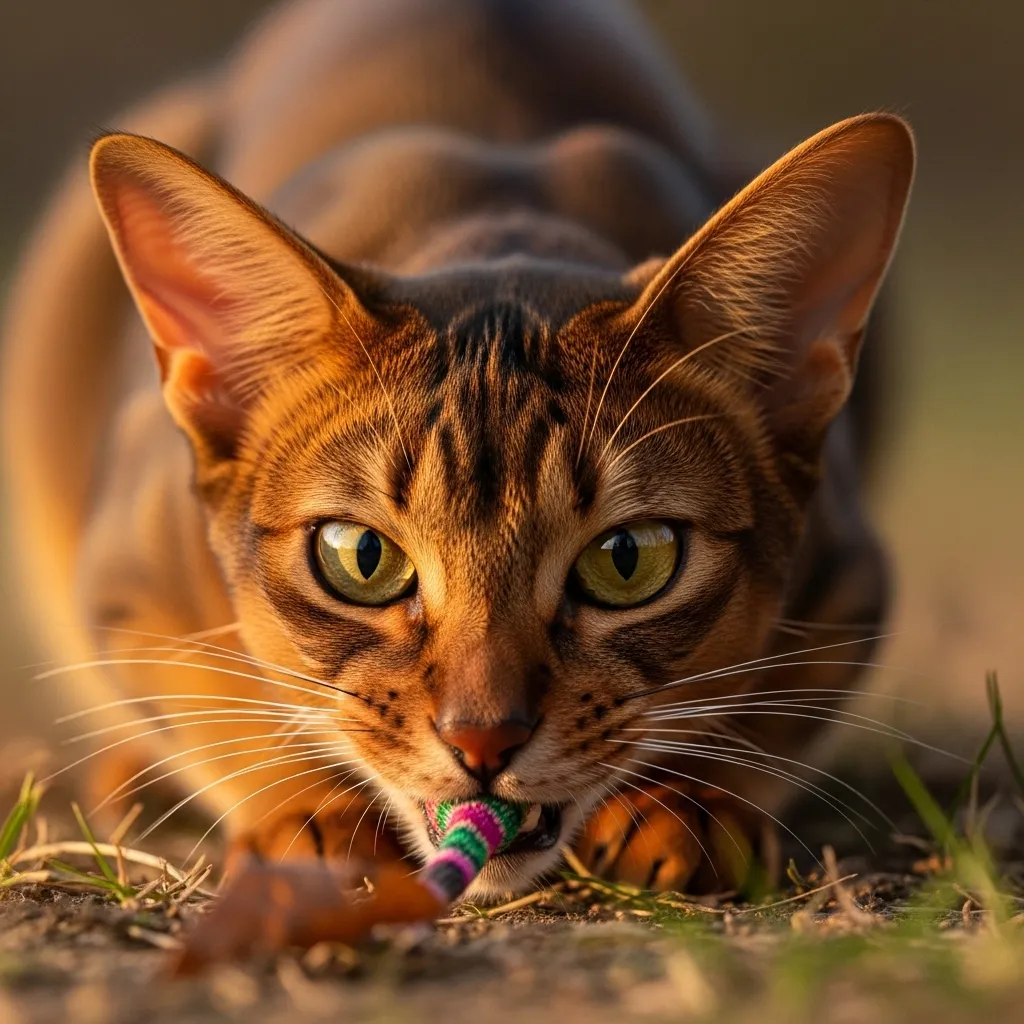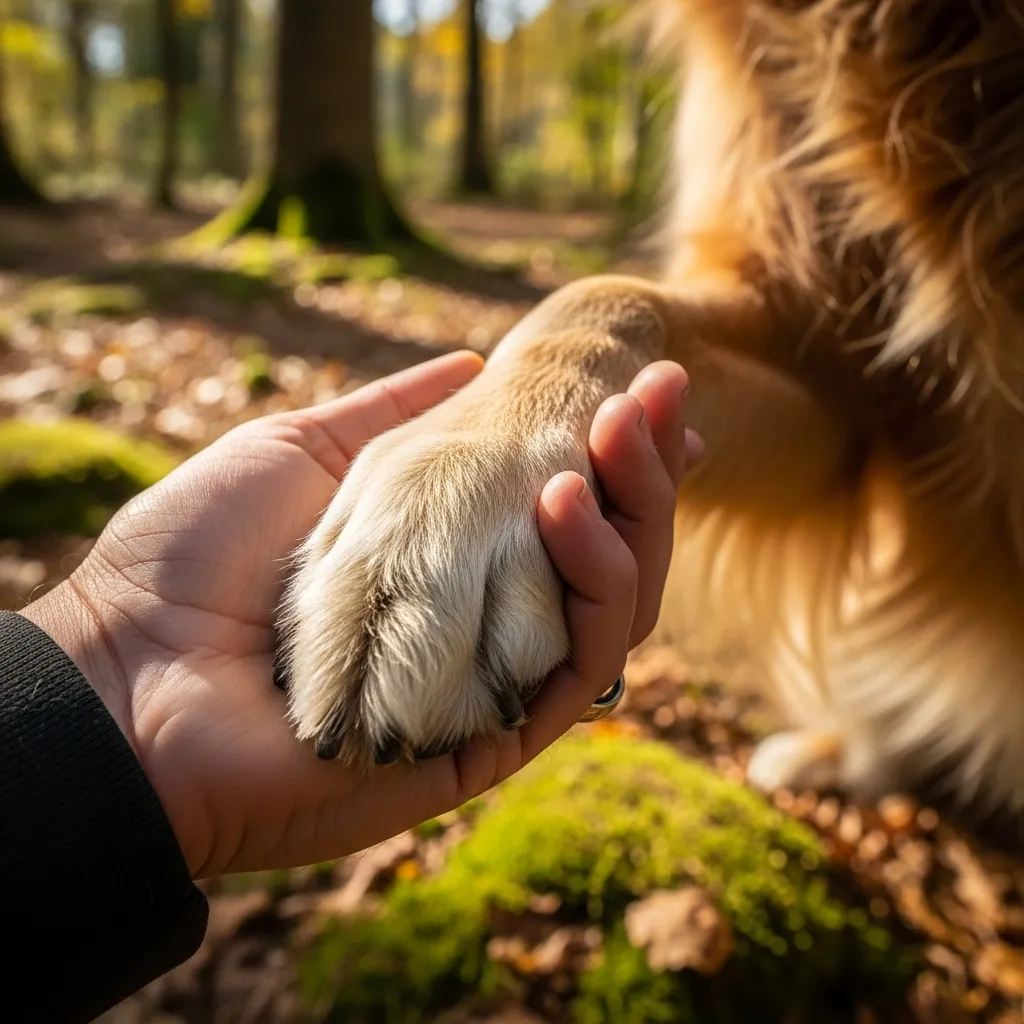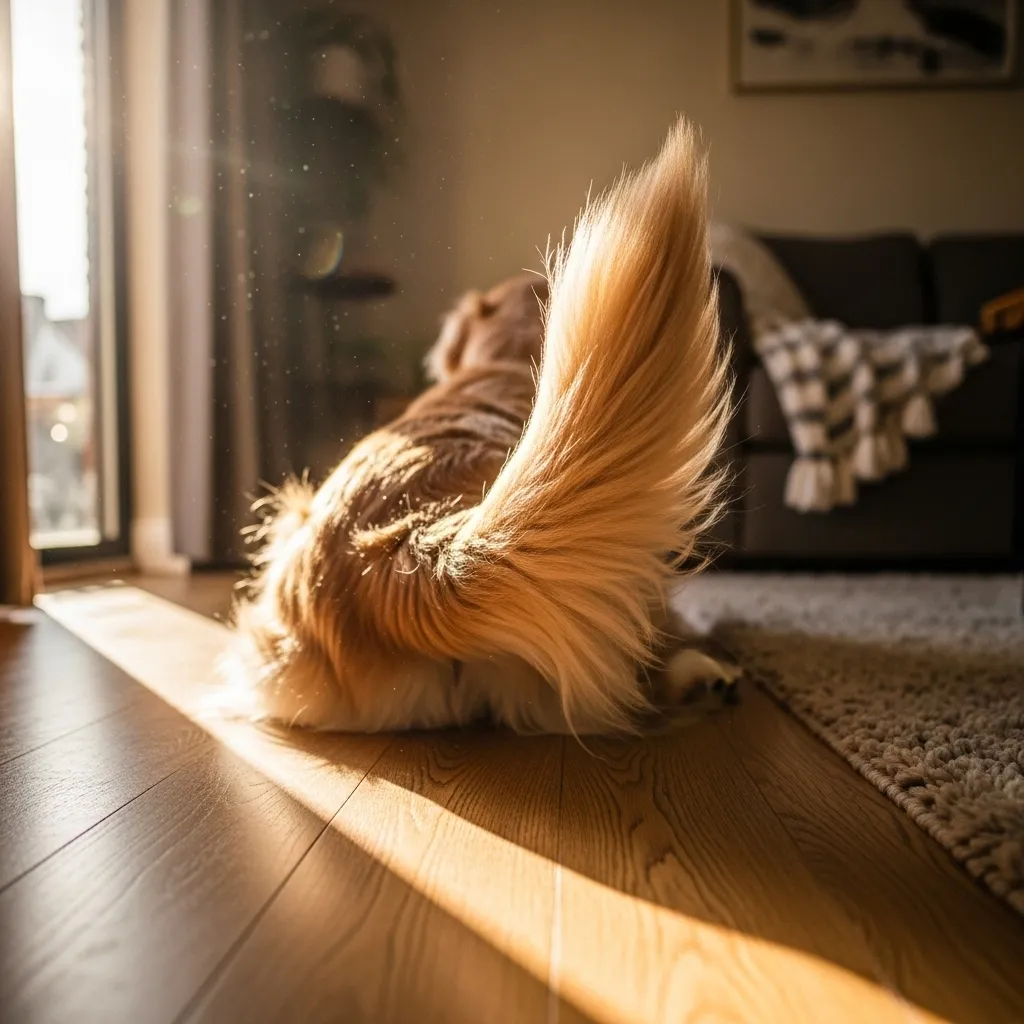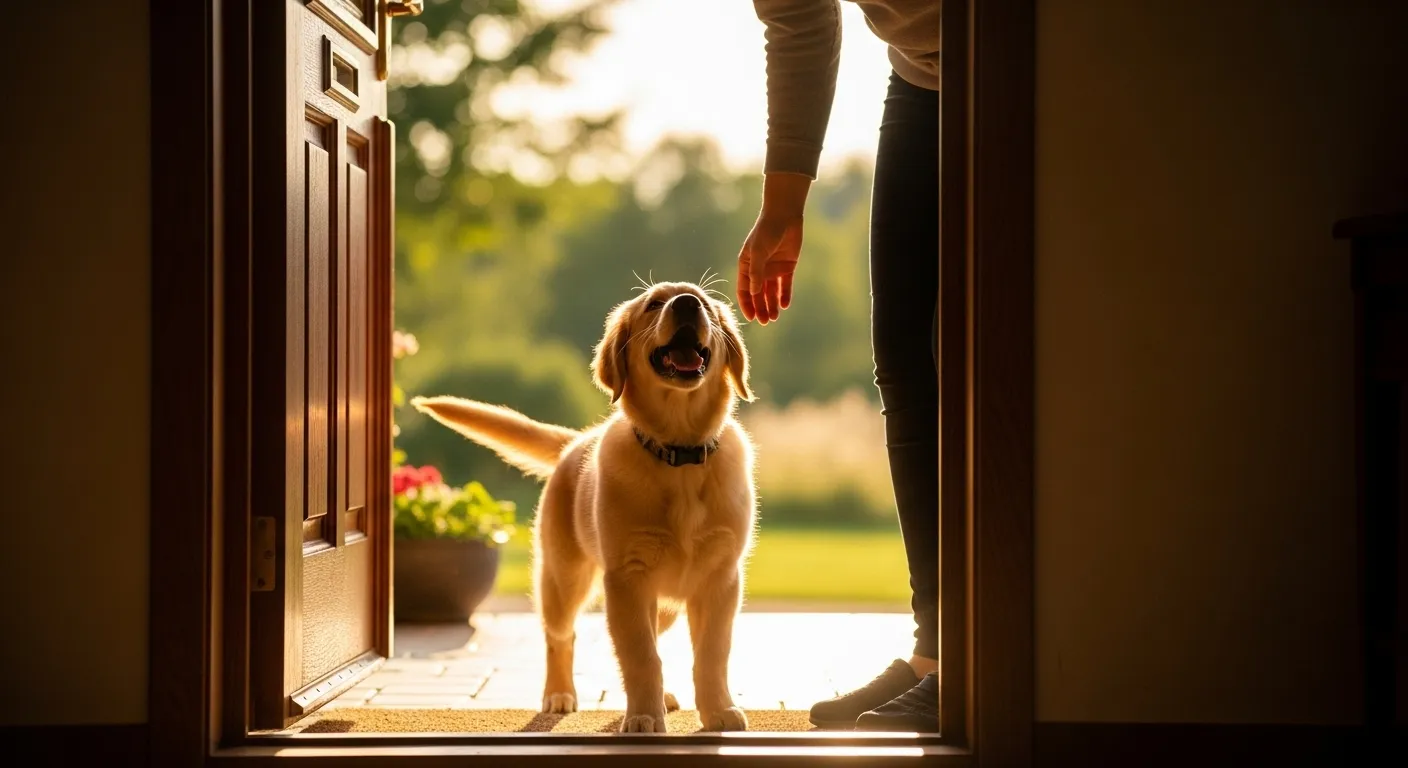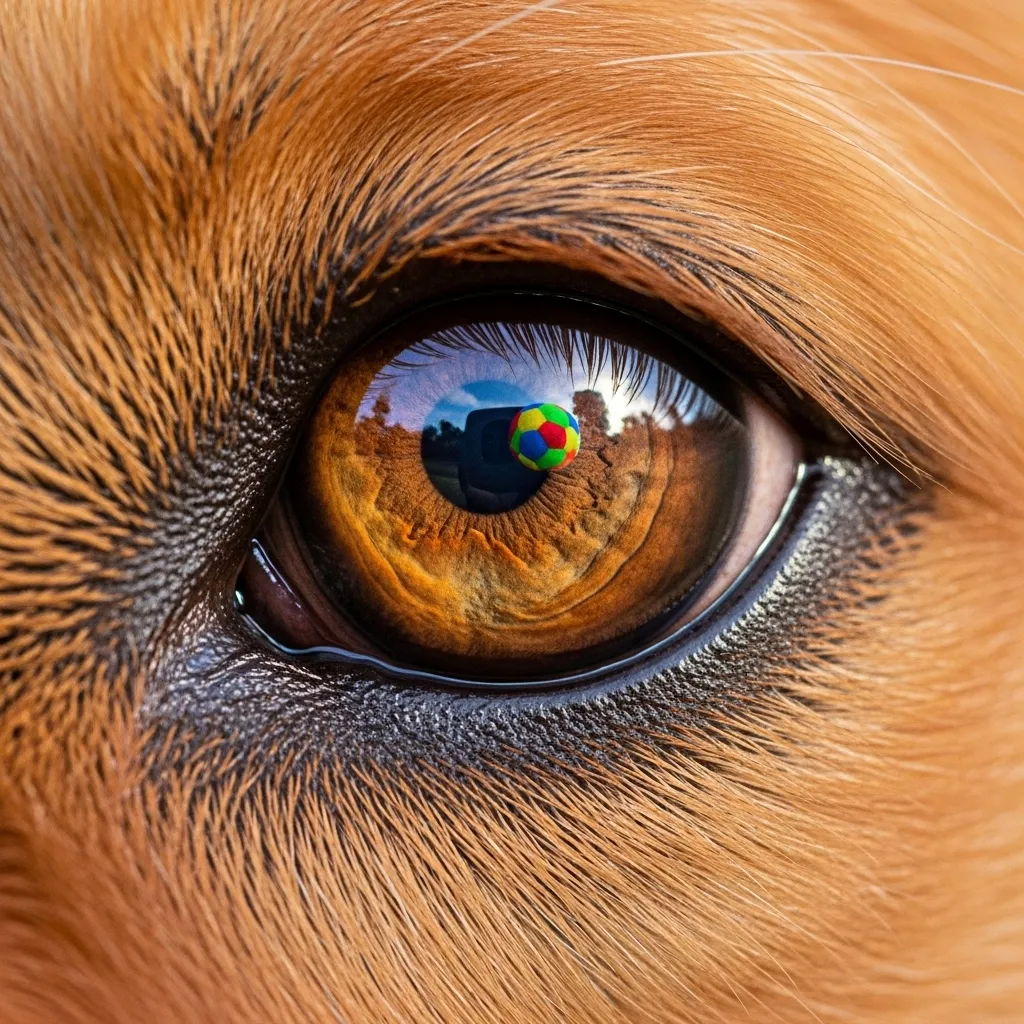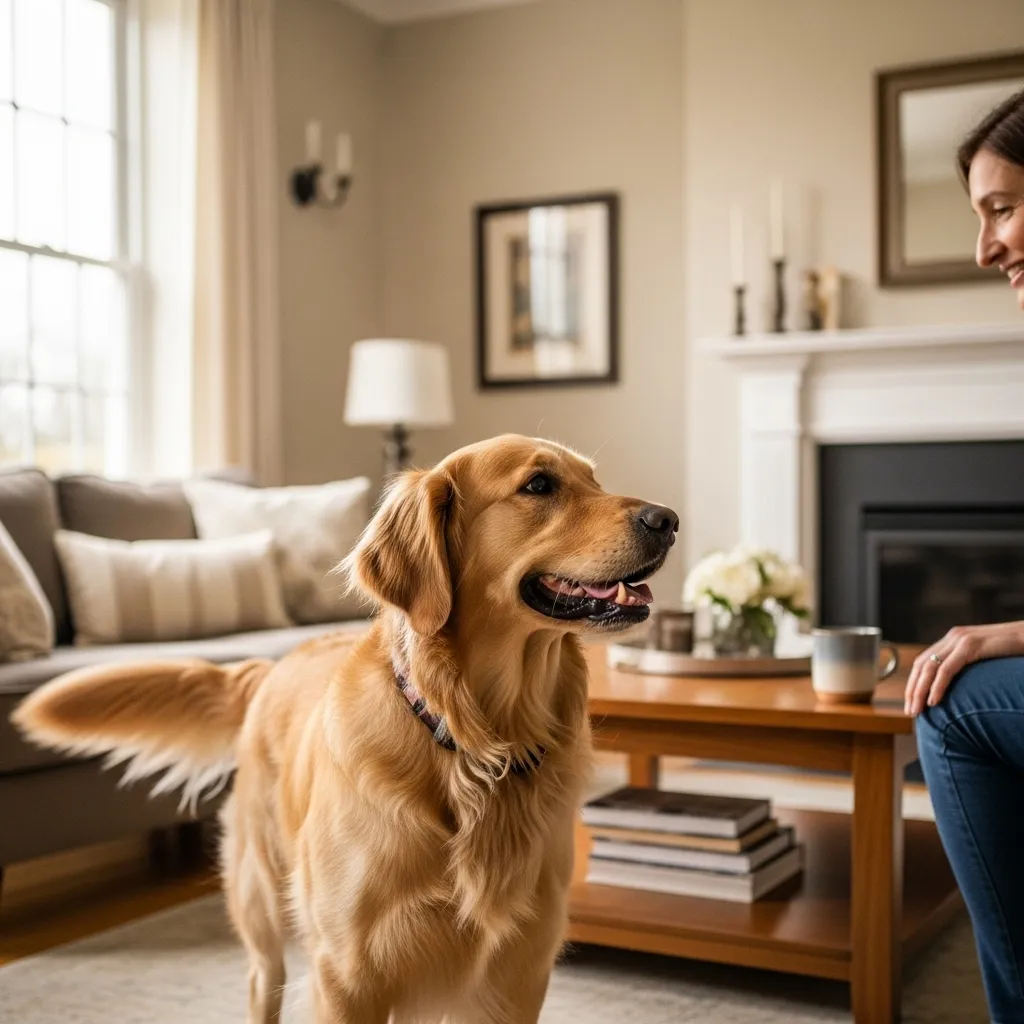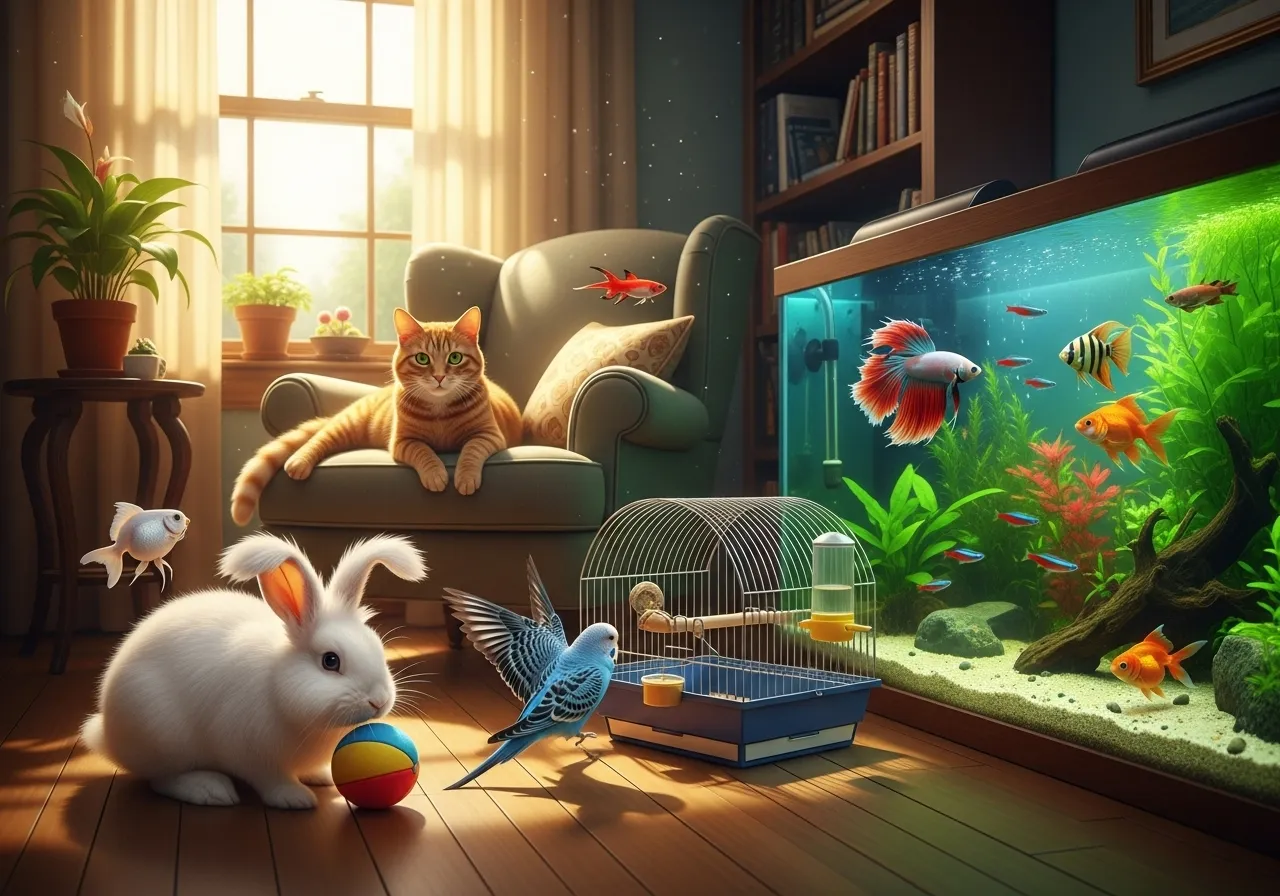
More Than Just Dogs and Cats: Exploring All Companion Animals
While dogs and cats are the most common companions, the animal kingdom offers a rich variety of pets, each with unique charms and care requirements. Let’s broaden our search and explore which type of animal might best harmonize with your life.
The Classic Canine Companion: Choosing the Right Dog
A dog’s loyalty and enthusiasm are legendary, but their needs are significant. The right dog can be a wonderful walking partner and a constant source of affection. The wrong one can be a source of stress and exhaustion.
Energy Level is Key: A dog’s breed can give you clues about its general energy level, but it’s never a guarantee. Every dog is an individual. Instead of focusing solely on breed, talk to shelter staff about a specific dog’s known history and temperament. A Jack Russell Terrier is typically a bundle of energy, while a Basset Hound is usually more sedentary. Your goal is to match their “go” with your “go.”
Size and Strength: A common mistake is assuming a small dog is always easier. Tiny dogs can be a trip hazard, and some can be fragile. A large, gentle giant might be calm and steady but could accidentally knock someone over or pull hard on the leash if startled. A medium-sized dog with a calm demeanor is often a great middle ground. What matters most is that you can comfortably and safely handle the dog on a leash and in your home.
Grooming Needs: That fluffy Poodle or majestic Collie is beautiful, but that coat requires significant work. Daily brushing is often necessary to prevent painful mats, and professional grooming appointments every 6-8 weeks can be costly. A short-coated dog like a Beagle or a Greyhound requires far less upkeep. Be honest about how much time, effort, and money you want to dedicate to grooming.
Great Dog Breeds for Seniors (with Caveats): While any mixed-breed dog from a shelter can be a perfect match, some breeds are often recommended for seniors due to their typically manageable energy and affectionate nature. These include the Bichon Frise (cheerful but needs grooming), Cavalier King Charles Spaniel (loving lap dogs), Poodle in Miniature or Toy sizes (intelligent and low-shedding, but require grooming), and Shih Tzu (classic companions for apartment living). Surprisingly, retired racing Greyhounds are famous “couch potatoes” and can be wonderful, gentle pets.
A Special Note on Adopting Senior Dogs: Don’t overlook the incredible value of adopting senior pets. An older dog (typically 7+ years old) is often already house-trained, past the destructive puppy phase, and has a settled, predictable personality. They are looking for a soft place to land and will repay your kindness with immense gratitude and love. You can find many wonderful senior dogs on sites like Petfinder.
The Independent Feline Friend: Is a Cat Right for You?
Cats offer a different kind of companionship—quieter, more independent, but no less loving. For those with limited mobility, a cat can be an ideal choice as they don’t require daily walks.
Lower Physical Demands: A cat’s primary exercise comes from play inside the home. A few short sessions a day with a wand toy or a laser pointer (never shine it in their eyes) can keep them happy and healthy. This makes them one of the best pets for apartment living seniors. However, they are not “no-maintenance.”
Litter Box Logistics: The daily task of scooping the litter box is non-negotiable for a cat’s health and a clean home. Consider if you can comfortably bend to do this. There are helpful tools like long-handled scoopers and self-cleaning litter boxes that can make this chore much easier.
Ideal Cat Temperaments: Look for a cat described as calm, social, and affectionate. An adult or senior cat from a shelter is often a fantastic choice, as their personality is already well-established. Shelter staff can tell you if a cat is a “lap cat” or more of a quiet observer. Breeds known for their gentle nature, like the Ragdoll or British Shorthair, can be good options, but a loving domestic short-hair from a rescue is just as wonderful.
Small Wonders: Rabbits, Guinea Pigs, and Hamsters
For those who want a pet but aren’t ready for the commitment of a dog or cat, small mammals can be delightful. They are quiet, clean, and their care routines can be very calming and structured. They are often considered low-maintenance pets for the elderly, though they still require daily attention.
Housing and Care: These animals need a large, clean, and safe enclosure. Daily tasks include providing fresh food and water, spot-cleaning their habitat, and offering enrichment like chew toys. A full cage clean-out is typically needed weekly. They require gentle handling and are often more content to be near you than held for long periods.
Veterinary Needs: It’s important to remember that these animals can have health issues and require care from a veterinarian who specializes in “exotics.” These vet visits can sometimes be more expensive than those for dogs or cats. Their lifespans vary greatly, from a couple of years for a hamster to up to 10 years or more for a well-cared-for rabbit.
The Feathered Entertainers: Birds as Companions
The cheerful sound of a bird can bring immense joy to a home. Small birds like canaries, finches, or budgerigars (budgies) can be excellent companions that don’t require a lot of physical space.
Social Needs and Noise: Birds are social creatures and need daily interaction. This could be as simple as talking to them or having their cage in a room where you spend a lot of time. While their chirps can be pleasant, be prepared for the noise. They are most active and vocal in the morning and evening.
Maintenance and Longevity: Birds can be messy, scattering seed and droppings. Daily cage liner changes and weekly full cage cleanings are necessary. The most critical consideration is their lifespan. A budgie can live 5-15 years, while larger parrots can live for 50 years or more, often outliving their owners. This requires a serious long-term care plan.
The Serene Swimmers: The Calming Presence of Fish
For the ultimate low-impact pet, consider an aquarium. The gentle bubbling of the filter and the graceful movement of fish can be incredibly therapeutic and are known to lower blood pressure.
Setup and Maintenance: The initial setup of a tank, filter, heater, and decorations can be a significant upfront cost and effort. After that, the routine is consistent: daily feeding and weekly partial water changes. This requires the ability to carry buckets of water, though tools are available to simplify the process. A beautifully maintained aquarium is a living piece of art and a source of endless fascination.

